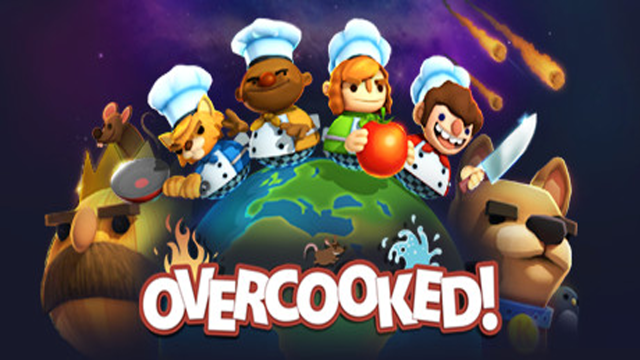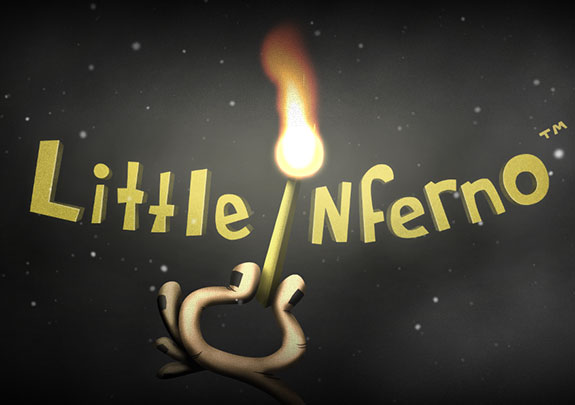Why I Want a New Definition of TheoryCraft
I find theorycrafting to be an incredibly interesting concept, probably because I myself am an academic and a gamer, but mostly because I like to spend an embarrassing amount of time wading through walkthroughs, game guides, blogs, forums, youtube videos, and other artifacts created by gamers to help other gamers be better gamers (sorry for that sentence).
I see promise in theorycrafting, but unfortunately it’s all but useless in its current conception. By reconceptualizing theorycraft, I think we can find a way to harness the stunning sense of community around games. Further, as an academic, I find the promise of theorycrafting seductive as a new kind of scholarship.
What is TheoryCrafting?
According to WoWWiki, “Theorycraft is the attempt to mathematically analyze game mechanics in order to gain a better understanding of the inner workings of the game. In almost all cases, random factors are never considered in the calculation, resulting a overly naive model.
Theorycrafting originated in the StarCraft community and has primarily been used in a pejorative sense. Most supposed theorycrafters have no sense of probability, complexity, multiplicity, or contextualization (sounds eerily like a fair amount of theory from academia). Most theorycraft turns out to be wrong, because of an overall lack of understanding of the variables in any fight.
Urban Dictionary points out that theorycraft is almost never put into practice and is almost always dismissed as a fairytale. Linearity is a major reason most theorycraft is suspect, as two situations in an MMO are rarely the same, rarely contain the same variables, are even more rarely unfold in the same way.
While players may earnestly spend hours crunching numbers, running scenarios, and prepping for encounters, the unpredictable nature of games often render theorycrafting, in its current conception, useless.
A New TheoryCraft
What I want to propose is that we resituate how we see the value of theorycrafting. As it’s currently practice, yes, it may have little practical use. However, I believe a lot of theorycrafting happens that isn’t useless.
Take for example the incredibly popular video “Onyxia Wipe Animation.” Is this not a type of theorycraft? The, shall I say zealous, raid leader has obviously memorized the fight, broken it down into particular components, and analyzed what each member of the group should do in the event of several different scenarios. He is very contextually aware, and he takes his knowledge of the fight and applies it to the particular group he is in. His theory would probably be different if his group composition changed, something that would not necessarily be a traditional aspect of theorycrafting.
WoWWiki could also be considered a manifestation of this new theorycraft. Most instance pages have a breakdown of the types of monsters you will encounter, the different attributes of the monsters (immune to CC, resistant to elemental damage, etc), and strategies for fighting bosses. This strategizing is a key element to a new conceptualization of theorycrafting. Strategizing is one main activity of the community that exists outside the games, and I believe theorizing about how best to succeed in parts of the game is a kind of theorycraft.
So what would this definition be? Here are some key factors I’ve been thinking about:
1. It’s contextual
As we saw in The King of Kong, not even the vintage games are entirely predictable based on mathematical algorithms. Sure, you may be able to predict where the next barrel will land, but the human factor (ie. the player) makes each game different. Theorycrafters should pay attention to the algorithms and trends in the game mechanics, obviously, but we should not make decisions in a mathematical vacuum. We always need to consider the human.
Because usable theorycraft not entirely mathematical, it needs to be constantly aware of context: who you’re playing with, when you’re playing, how you feel, and the other variable in each unique challenge.
2. It’s conversational
Because of the ease of sharing information, very rarely do we do anything in a vacuum, especially playing video games. I this learned by trying to play the original Metroid again after 20 years. I would not have been able to succeed without online walk throughs (another kind of theorycraft) and youtube videos.
What this means is that every time I play a game, I am in conversation with everyone else who has played before me. This is even more apparent in moding communities where others can literally build and change the world we play in.
3. It’s applicable
I don’t mean to imply that the only good theory is a directly applicable theory, but I do think that theorycrafting shows us how far removed some theory(craft) can get from (virtual)reality. In reality, all the numbers in the world won’t guarantee that your group will down that next boss or beat that next arena team.
What’s exciting about the potential of this theorycraft is that, sort of like writing, knowing the (rhetorical) situation can make you better prepared to respond to the variable you may face, whether it be a wily audience or a rogue barrel.
Please feel free to comment and add to/question/disagree with my redefinition of theorycraft. I’m still working through these ideas, and I am sure readers have interesting stuff to add.





3 thoughts on “Toward a Redefinition of TheoryCrafting”
Okay so I use walkthroughs a bunch, but I never thought about them like this and I dig it. It’s true. I do feel a little bit connected (or better, in conversation) with the writers of these walkthroughs. I even imagine what they’re like, you know, what kind of personality they have when they’re not telling me how to avoid the guard behind the door or that I need to take three lefts, odd as that is, to get out of the stupid dream sequences in Max Pain.
But here’s the thing. I often feel like I’m cheating, not the game but myself, when I employ what I think you’d call theorycraft. But yeah, maybe I’m just checking the (rhetorical) situation.
From my experience playing WoW, I think most players (or at least raiders) fall on some sort of spectrum between purely mathematical theorycrafting and complete chaos governed by rng and random behavior from other players. They read about the numbers, but they also have a sense of where they fit in their group and how the roles they play are dictated by both. Furthermore, they also develop some ideas about what they like to do and when they like to do it. So yeah, I totally agree that our ideas of theorycrafting need to include context (or “situational awareness”) as well as purpose (“play style” and “progression”).
I like your idea of walkthroughs as a form of theorycrafting, although theorycrafting seems a lot messier and dynamic than walkthroughs. Walkthroughs fit your definition of theorycrafting: they are contextual (you can’t get this power-up until you’ve defeated boss X); they are conversation (add this secret item in dungeon Y to the walkthrough); and they are of the utmost practicality.
Theorycrafting, in its best form, is well illustrated by the best-in-slot spreadsheets for World of Warcraft (often found on forums like Elitist Jerks). A community of theorycrafters converse and contextualize data (if you’re hit-capped, then you’ll want item X instead of Y for slot A) for practical play value.
Walkthroughs are synonymous with guides, after all. And that’s what theorycrafting really is, anyway. It’s a heuristic to help understand the game’s mechanics.